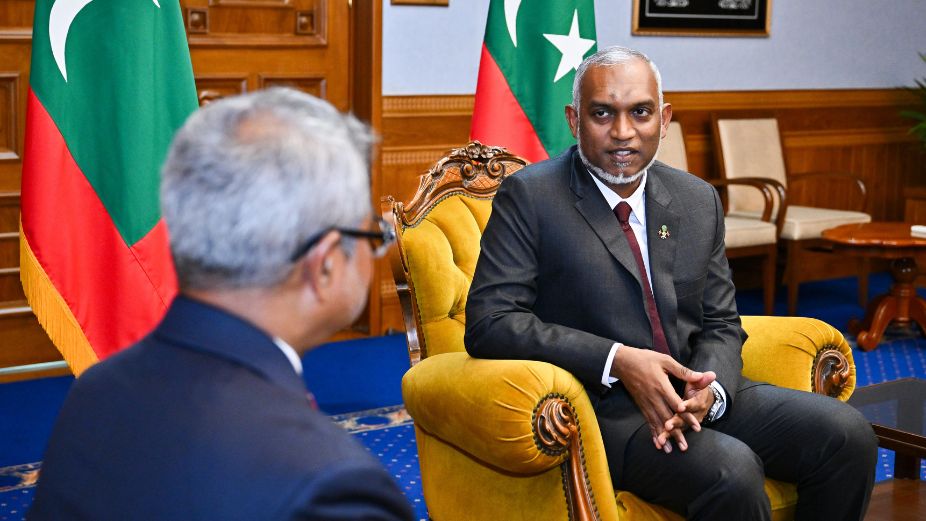
The Maldivian government has merged the Ministry of Climate Change, Environment and Energy with the Ministry of Tourism, forming the Ministry of Tourism and Environment. The change was made under President Mohamed Muizzu’s authority, as provided in Article 116(a) of the Constitution, and was officially announced by the President’s Office through a directive.
Alongside this restructuring, Thoriq Ibrahim has been appointed as the Minister of Tourism and Environment, following the dismissal of the former Minister of Tourism, Ibrahim Faisal.
Structural Changes
As part of the merger, key regulatory bodies that were previously under the now-dissolved Ministry of Climate Change, Environment and Energy have been placed under the Ministry of Tourism and Environment. These include:
- Environmental Protection Agency (EPA)
- Utility Regulatory Authority
- Maldives Meteorological Service
- Biosphere Reserve Office
This means that regulatory functions related to environmental protection, climate change, water, sanitation, waste management, energy, and biodiversity conservation will now be handled under the same ministry that oversees tourism.
Minister Thoriq Ibrahim’s Priorities
Following his appointment, Minister Thoriq Ibrahim expressed his commitment to strengthening both the tourism and environment sectors. He stated that his aim is to make Maldives’ tourism industry a sector of national pride while ensuring that environmental initiatives continue to grow.
“The sectors under the former Ministry of Environment will also be further strengthened. The combination of these two sectors will allow us to achieve important goals. I will work with the aim of ensuring that tourism and the environment are sectors that bring pride,” Minister Thoriq said.
He also pledged to bring growth and improvement to both areas, highlighting the potential benefits of a more integrated approach between tourism and environmental sustainability.
Administrative Adjustments
The Ministry of Tourism and Environment will now handle responsibilities that were previously divided between two separate ministries. While the directive states that ongoing efforts in climate change mitigation, waste management, and energy policy will continue, the structural shift raises questions about how environmental oversight will function alongside tourism development.
Additionally, the ministry’s official correspondence will now use the number 88.
With the restructuring now in effect, how the combined ministry will manage its expanded portfolio under Minister Thoriq Ibrahim’s leadership remains to be seen.












